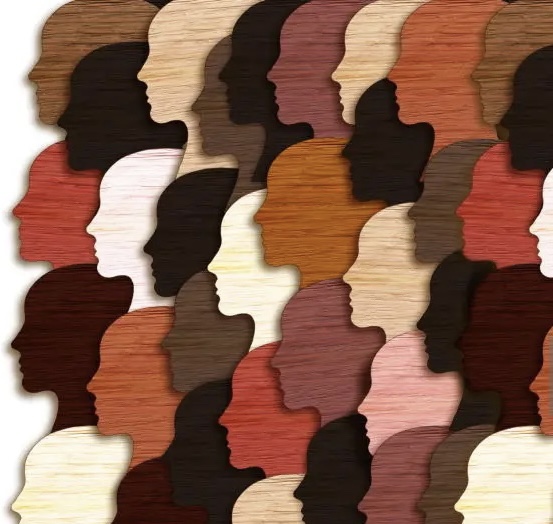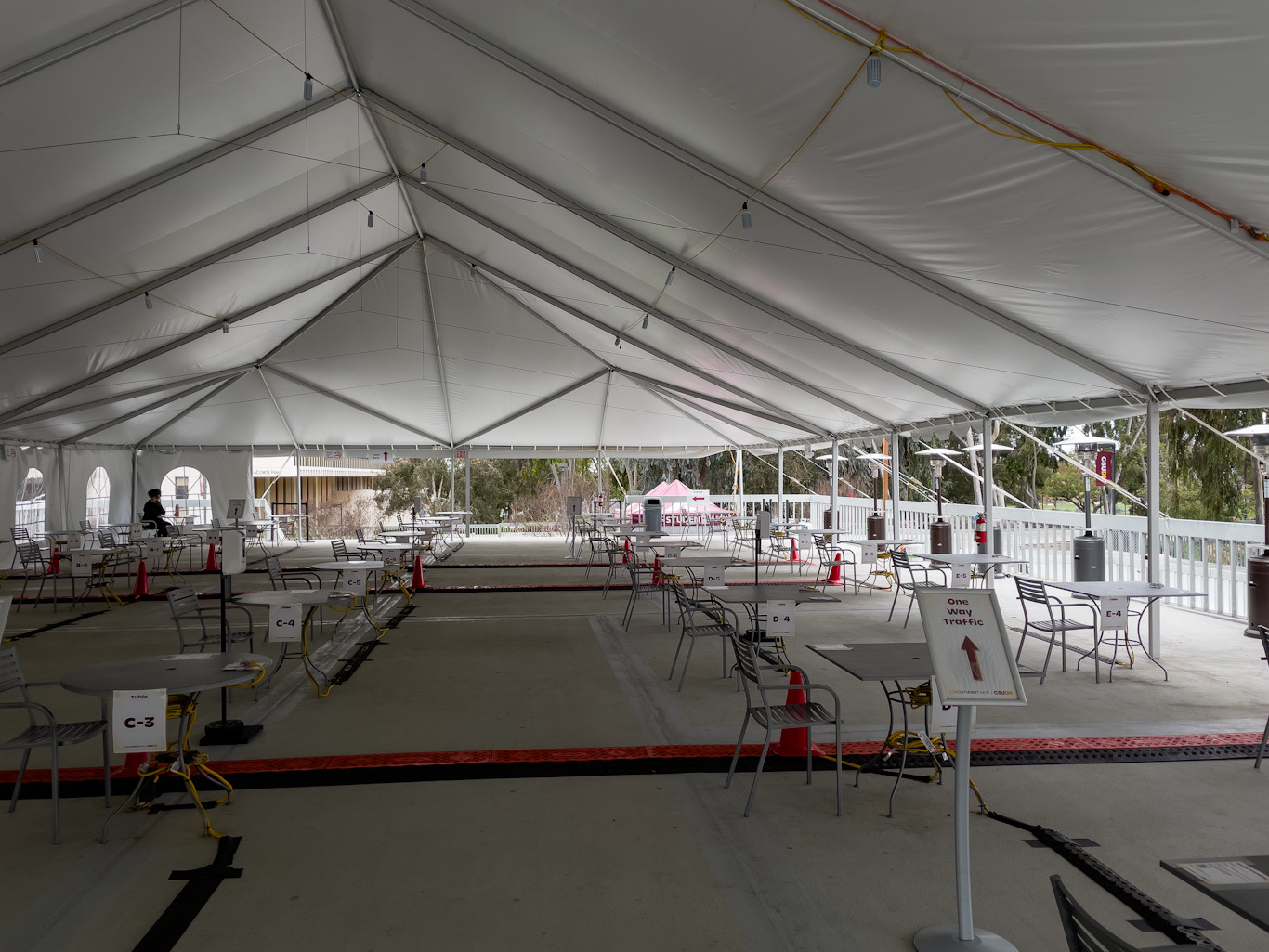By Pedro Cruz
Staff Writer
Undocumented Cal State students who find temporary protection from deportation under the Deferred Action for Childhood Arrivals (DACA) policy will not be affected by President Trump’s executive orders on illegal immigration, the CSU Chancellor’s Office said.
Chancellor Timothy P. White indicated via memoranda that DACA will remain in full effect after Homeland Security Secretary John Kelly issued two directives on Feb. 21 to increase border protection and rigid policies to enforce immigration laws.
In his memoranda, issued on July 29 and Feb. 22, White reinforced the CSU policy to abstain from enforcing federal immigration laws against DACA students, who are commonly known as “Dreamers.”
“CSU’s policy is that, unless otherwise required by law, we will not enter into agreements with law enforcement agencies for the purpose of enforcing immigration laws,” White said.
He also mentioned there is no information indicating immigration agencies focusing on CSU campuses.
However, White advises students, faculty and staff who are approached by local, state, or federal officials inquiring about their immigration status to contact university police.
Despite the CSU’s position, some students remain apprehensive and confused.
“I’m just nervous and not sure of what’s going on,” said Vendela Schonberg, 21, a digital arts media major.
During his campaign, Trump announced the construction of a border wall between Mexico and the US, boosting the deportation of undocumented immigrants and securing the country from potential terrorists entering.
On Feb. 28 the Academic Senate at CSUDH passed a resolution affirming support for undocumented students. W FAC 16-21 outlines the university’s policy in protecting DACA students from the enforcement of immigration laws on campus.
However, some key efforts have faced a backlash after the three-judge panel of the U.S. 9th Circuit Court of Appeals upheld a Seattle federal judge’s decision to halt the executive order signed on Jan. 27.
This bared people for 90 days from seven predominantly Muslim countries from entering the United States. These countries are Iran, Iraq, Libya, Somalia, Sudan, Syria and Yemen. The order also banned all refugees for 120 days, and Syrian refugees indefinitely.
A new version of the law lifted the ban on Iraq, a U.S. ally, and took out exemptions for religious minorities, possibly negating the order’s indirect “Muslim ban.” However, the new order is now being challenged in court by the state of Hawaii.


